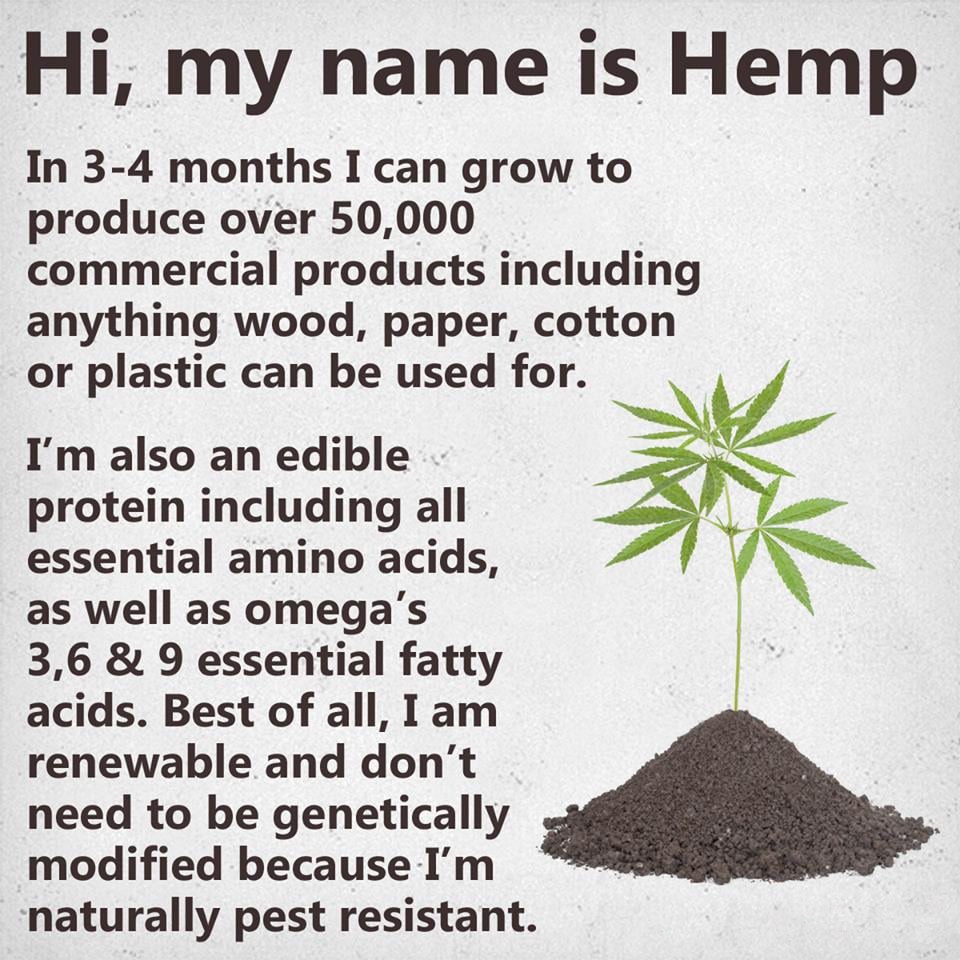Sustainable Products Made from Hemp Include Biofuels

From Sensi Seeds: The main difference between cannabis and hemp is in our perception of two different expressions of the same species. That species is Cannabis sativa L. One of the most successful plants in terms of diversity and global spread, it’s the ability of cannabis to adapt to its environment that has given us two such very different yet equally useful primary forms. The easiest way to understand the difference is to know that in folk taxonomy, ‘hemp’ is used to refer to the non-psychoactive variety, and ‘cannabis’ to the psychoactive variety. At Sensi Seeds we’re mainly concerned with the latter, and our sister company HempFlax focuses on the former. Hemp has been used since time immemorial to provide humanity with fibres, fuel and food. Cannabis has been used for about the same amount of time to provide us with altered states of consciousness, medicine, and entertainment.
To the virtually limitless list of consumer and industrial products, we need to add biodiesel and other biofuels. As mentioned elsewhere, I don’t think biofuel has a place in the long-term array of sustainable transportation solutions, but it certainly has near-term, niche applications. Moreover, the world doesn’t move in a certain direction simply because I tell it to.
Sure, Chevron abandoned its push in this space after decades of effort and hundreds of millions of dollars written off. Yet, as that was happening, ExxonMobil was entering. Now, one could ask: Is this simple greenwashing? Of course; anyone who thinks Exxon wants to get out of the petroleum extraction business is a rank moron, but the point is: they’re talking up biofuels anyway.

Craig,
All the major oil companies poured billions of dollars into researching alternate fuel as they struggled to re-invent themselves as energy companies.
The first mass scale investment in solar panels and solar energy was by BP. BP Solar was largely destroyed by China manufacturers, which heavily subsidized by the PRC government, priced dumped everyone else out of the market.
Exxon laboratories invented the Lithium Battery and lost billions on algae bio-fuels research.
Chevron literally kept the flame of Geo-thermal power alive for more than two decades.
Hemp is a great resource in many ways, but it doesn’t make economically or environmentally viable Bio-fuel. The calorific yield is just too low. There are much better plants to use as a source for bio-fuel.
All bio-fuels are unsatisfactory, both environmentally and economically. The are a few exceptions where sugar surpluses can be converted as oil supplements, but these are in specialized locations.
I’ve spent three decades investing and studying bio-fuels. (I even produce my own bio-fuel).
Although from time to time I’ve made profits from speculation when governments create speculative bubbles with subsidies, or invested in new tech ventures (and quickly sold at a profit), I’ve come the realization that bio-fuels are a cul-de-sac and probably always will be.
I’m continually amazed by the passion and dedication of bio-fuel adherents and advocates.
The tragedy of US ethanol is a great example of a seemingly good, sensible and even noble idea, that has evolved into a feral monster!
The damage done to the environment by the US ethanol industry is far worse than the oil it replaces and has causes untold poverty, hunger and human misery on a global scale.
Hemp is, as you say, a wonderful crop in many ways. (although Jute is far superior in most locations).
As a crop, Hemp production can cause environmental problems in many locations.
Hemp is a very water hungry crop. Hemp is a very hardy, but pervasive plant. Seeds tend to go astray and the wild plants quickly becomes a bio-pest.
Hemp plants produce volatile organic compounds or VOCs producing harmful pollutants. (some varieties more than others depending on location).
Hemp plants emit potent VOCs called terpenes that, when mixed with nitrogen oxide and sunlight, form ozone-degrading aerosols.
In high desert locations with few sources of VOCs, any new source of such pollutants will cause ground-level ozone production.
Hemp is also pretty toxic for wildlife, and is very hard to control.
There’s a huge amount of misinformation about Hemp both from advocates and opponents.
What is true is the plant is very tough, with a large tap root and very competitive. When grown as a crop it requires a lot of water, but only a minimum of insecticides and pesticides.
When the plant escapes into the wild, hemp can become very pervasive and environmentally disastrous to native flora and fauna.